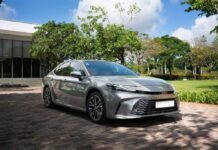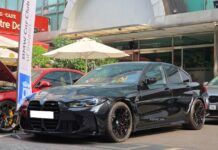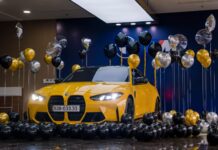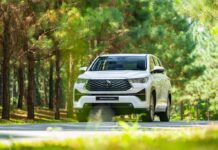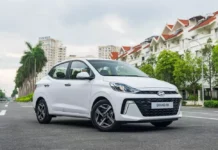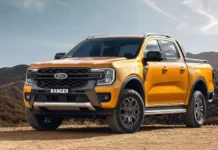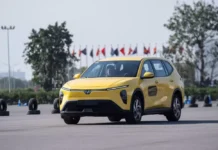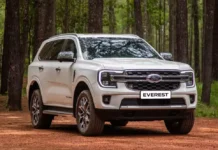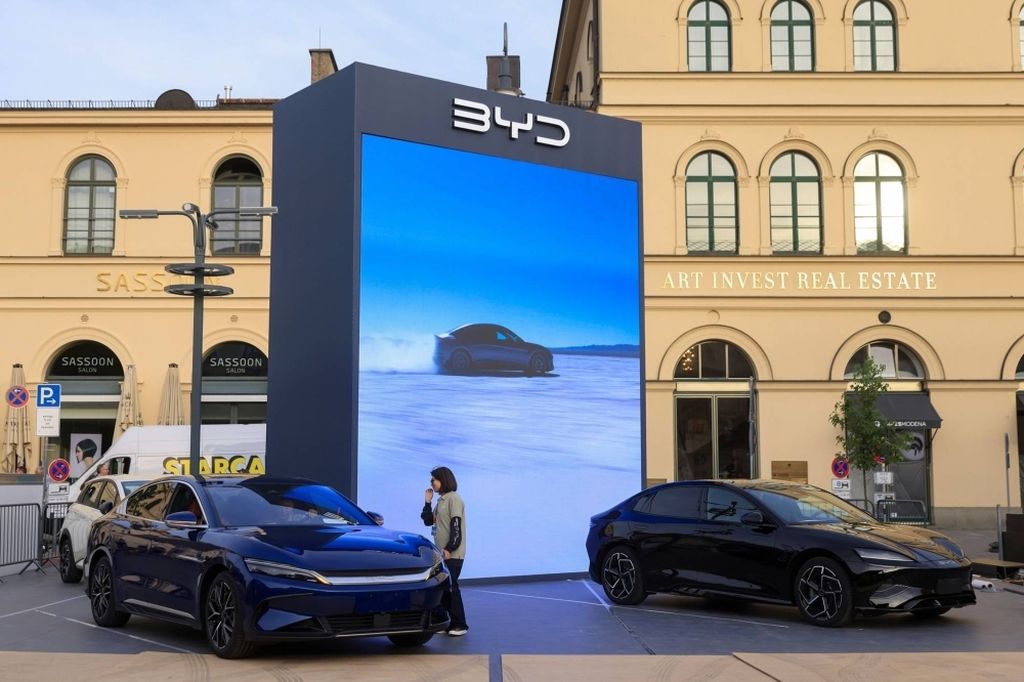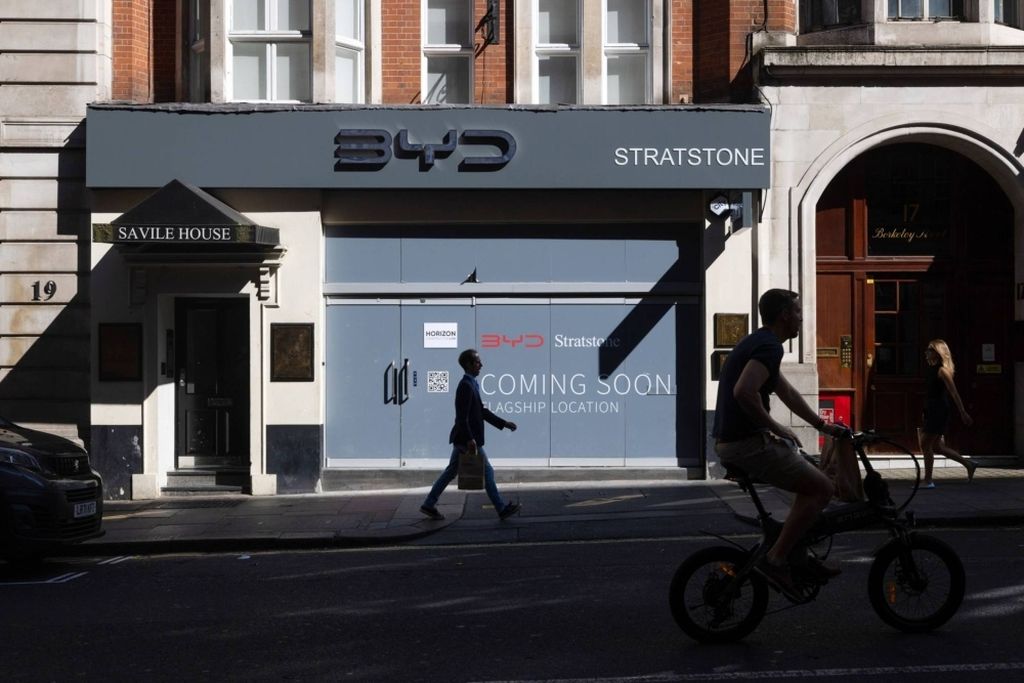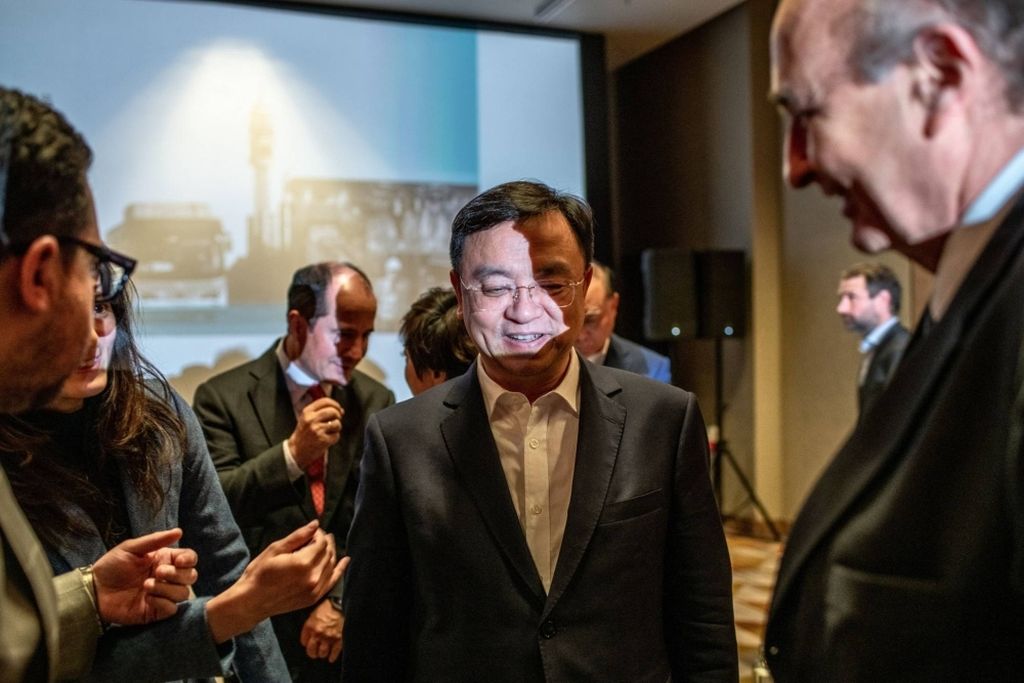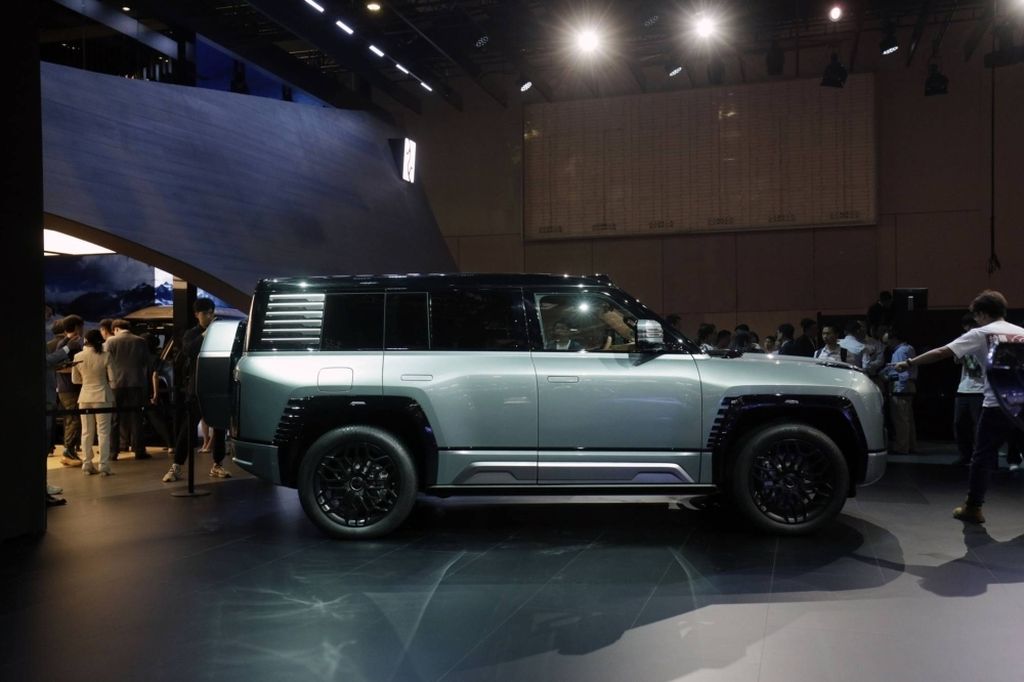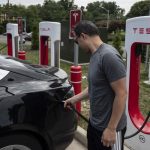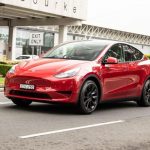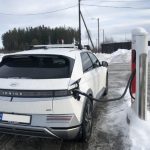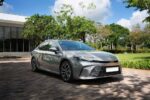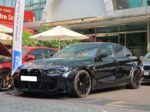A Chinese car manufacturer could surpass Tesla as the world’s leading brand in electric vehicle sales as early as Q4/2023.
If this happens, it will be a significant turning point for the electric vehicle market and also demonstrate China’s increasing influence in the global automotive industry.
In an industry still “dominated” by giants like Toyota, Volkswagen, and General Motors, Chinese automakers such as BYD and SAIC Motor continue to make significant breakthroughs.
After surpassing the United States, South Korea, and Germany in recent years, China is now competing with Japan for the global lead in exporting small cars. As of October this year, out of 3.6 million exported cars, 1.3 million were electric cars.
Bridget McCarthy, the COO of Snow Bull Capital, a fund based in Shenzhen, China, said: “The competitive landscape of the automotive industry has changed, it is no longer about the scale of the automotive companies; it is about how quickly they can innovate. BYD has been preparing for this faster than people think, and now the rest of the industry has to catch up.” Snow Bull Capital has invested in both BYD and Tesla.
The race for electric vehicle sales also reflects the changing dynamics of competition between billionaire Elon Musk of Tesla, the world’s richest CEO, and BYD founder and billionaire Wang Chuanfu.
While Elon Musk has warned that there are not many consumers who can afford to buy his electric cars in a high-interest rate environment, Wang is aggressively entering the market in difficult times. BYD has supplied a large number of low-priced cars compared to the price of the Tesla Model 3 sold in China.
Wang Chuanfu – BYD Founder
Europe, recently ready to join the United States in imposing higher taxes on cars imported from China to protect thousands of jobs in the manufacturing industry. Against this backdrop, billionaire Wang Chuanfu has made it clear that it is time for Chinese brands to “break through the old myth” of the global auto industry.
BYD acquired a struggling state-owned automaker in 2003 and introduced the first plug-in hybrid, also known as the F3DM, in 2008. A New York Times critic praised its exterior design, calling the compact car “as trendy as a Y2K-era Toyota Corolla.” The company sold all 48 cars in its first year.
During that time, China began implementing subsidies for plug-in vehicle buyers. Government support extends from provinces, cities to the national level, including tax reductions for consumers, production incentives for manufacturers, and research and development support.
As a rare automaker that still produces its own batteries, BYD has a unique position to benefit. Before entering the car business, it was China’s first lithium-ion battery supplier to Motorola and Nokia in the early 2000s. To increase production scale before consumers embraced electric vehicles, BYD targeted segments that require more batteries. Therefore, the company’s first electric bus was launched shortly after the F3DM.
Over a decade and a half in auto production, BYD has done everything to bring the price of plug-in vehicles down to the level of internal combustion engine cars. However, it cannot be denied that the design of the cars has not been truly eye-catching.
In 2016, BYD hired Wolfgang Egger as Design Director, a position he previously held at Audi and Alfa Romeo. This has also caught the attention of other international executives, including the exterior design director of Ferrari and the top interior designer of Mercedes-Benz.
Paul Gong, UBS Group AG’s chief China auto researcher, believes that while government support has played an important role in the rapid development of the electric vehicle market in China, the more important factor is the level of competition that this support has created.
“What is important is innovation; they have to try and figure out what consumers really want and optimize costs to ensure that their electric vehicles can compete in this market,” Gong said.
After analyzing a BYD sedan, the Seal, and highlighting cost advantages of up to 25% compared to traditional competitors, Paul Gong’s research team concluded that Chinese automakers have the potential to own one-third of the global auto market by the end of this decade.
Currently, Tesla still beats BYD in key metrics including revenue, profit, and market capitalization. Analysts at Bernstein predict that some of those gaps will shrink significantly next year. They forecast Tesla will generate $114 billion in sales, while BYD will be $112 billion.
TT (Tuoitrethudo)
Reference: The Japan Times

